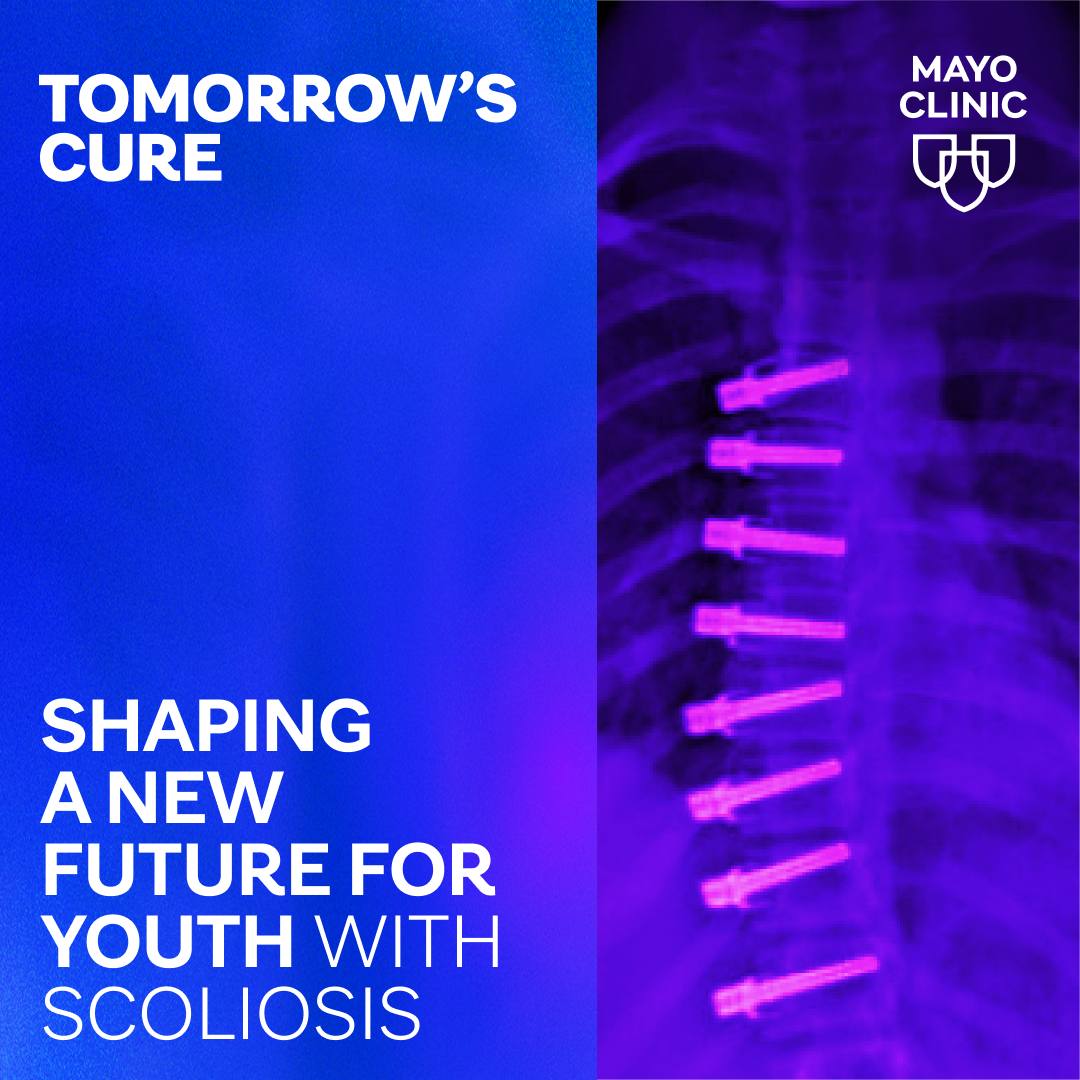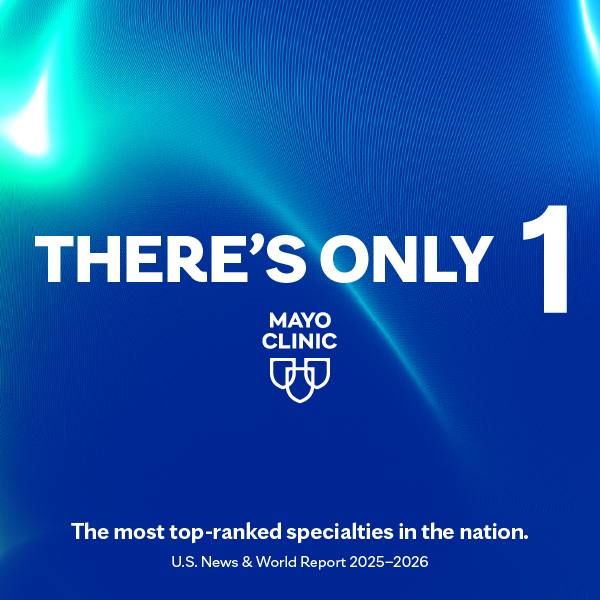-
Mayo Clinic Q and A: Dietary supplements useful in some situations, but also can be harmful

DEAR MAYO CLINIC: Why does my doctor want to know what supplements I’m taking, even if I don’t have any health problems and don’t take more than the recommended amounts?
ANSWER: It’s important to tell your health care provider about any dietary supplements you take. Although you don’t need a prescription for most supplements, that doesn’t mean they can’t significantly affect your health. Dietary supplements are useful in some situations — for example, calcium and vitamin D for bone health, and iron for iron-deficiency anemia. But they also can be harmful, especially if taken in certain combinations, with certain prescription medications, or before surgery or other medical procedures. By knowing the supplements you take, your health care provider can ensure that they are a good fit for you.
There are two general categories of dietary supplements: nutritional and herbal. Nutritional supplements are designed to provide vitamins and minerals your body needs that you may not get enough of in your diet. Calcium, vitamin D, vitamin B12, iron and fiber are common nutritional supplements many people take. Herbal supplements, sometime called botanicals, are supplements derived from plants that are touted as having health benefits. Popular herbal supplements include echinacea, ginkgo and flaxseed.
People take dietary supplements to improve their health or prevent illness. One concern about supplements, though, is lack of oversight in their production and claims manufacturers make about their benefits. Prescription and over-the-counter medications are closely regulated by the Food and Drug Administration (FDA). The FDA doesn’t regulate or oversee supplement content or claims to the same degree as it does for medications. So just because a supplement is approved for sale doesn’t necessarily mean it’s safe or effective.
Although supplements aren’t regulated in the same way medications are, they have active ingredients that can affect your body and your health. And keep in mind that anything strong enough to produce a positive effect, such as lowering cholesterol or improving mood, also is strong enough to carry potential health risks. That’s one of the key reasons it’s important to talk with your health care provider about your supplements. He or she can review the potential benefits and side effects, and evaluate if the supplement is safe for you.
When you take your supplements can be a factor you need to discuss with your health care provider, as well. For example, the absorption of some supplements can be influenced by whether you take them with food or on an empty stomach. Some supplements also can prevent the absorption or action of medications, so it may be important to take them separately.
It is particularly important for you to review your supplements with your health care provider if you take more than one supplement, or if you take any prescription or nonprescription medication. In some cases, taking a combination of supplements or using supplements while taking certain medications could lead to harmful or life-threatening results.
You mention that you don’t take more than the recommended amount of your supplement, and that is wise. Taking more than the recommended daily values can increase the risk of side effects. But be aware that vitamins and minerals are being added to a growing number of foods, including breakfast cereals and beverages. If you’re also taking supplements, you may be getting more of some nutrients than you realize. Your health care provider can help you evaluate your diet and decide if you need the supplements that you’re taking.
The bottom line is that although nutritional and herbal supplements may be useful, they aren’t risk-free. By talking with your health care provider about the supplements you take, and discussing their potential benefits and risks, you’ll gain a better understanding of the value those supplements have for your health overall. — Dr. Rozalina McCoy, Community Internal Medicine, Mayo Clinic, Rochester, Minnesota
****************************
Related Articles
- Mayo Clinic Minute: Are supplements safe for cancer patients? published 12/16/19
- Mayo Clinic Q and A: Omega-3 supplements for children — what does the research show? published 8/27/19
- Mayo Clinic Minute: Do heart supplements work? published 8/6/19
- Mayo Clinic Minute: Dietary supplements don’t reduce dementia risk, but 3 tips do published 6/11/19
Related Articles







